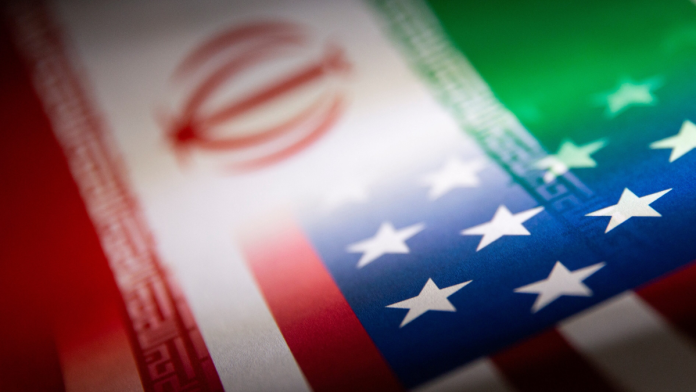The United States has taken strong action against a network of international companies and individuals accused of helping Iran build deadly military drones. These drones, made by Iran’s state-owned defense firm, are being used in ongoing global conflicts — including by Russia in its war against Ukraine. The U.S. government says this network plays a key role in delivering high-tech tools and equipment that allow Iran to expand its drone manufacturing operations.
U.S. Targets Global Network Fueling Iran’s Drone Industry
The U.S. Treasury Department announced the sanctions on July 31 through its Office of Foreign Assets Control (OFAC). The move targets businesses and one individual from Iran, China, Taiwan, and Hong Kong. They are all accused of supporting the Iranian Aviation Manufacturing Company (HESA), a military-run firm responsible for developing Iran’s widely used Shahed drones.
HESA’s Shahed drones are also called “kamikaze drones” because they are built to crash into targets and explode. Iran has sent thousands of these drones to Russia, which has been using them in regular attacks on Ukraine. The drones have become a key part of Russia’s strike strategy, often launched in large numbers to overwhelm air defenses.
Companies in Asia Sanctioned for Supplying Tech Tools
Among the sanctioned companies is Control Afzar Tabriz Co. Ltd., based in Iran. This company reportedly purchased computer-controlled machines known as CNC tools. These tools are essential for making high-precision drone parts.
🧨 Sanctions vs. statehood: U.S. blocks Palestinian officials, sparks diplomatic uproar
To hide these purchases, Control Afzar allegedly used Clifton Trading Limited, a company located in Hong Kong, to act as a middleman. This helped the companies avoid detection and continue supplying sensitive tools to Iran’s military drone manufacturer.
The U.S. also sanctioned two companies from Taiwan: Mecatron Machinery Co. Ltd. and Joemars Machinery and Electric Industrial Co. Ltd. Officials say these firms provided equipment used in building drones. A Chinese subsidiary of Joemars, called Changzhou Joemars Industrial Automation Co. Ltd., is also being penalized for playing a role in the supply chain.
In addition, the U.S. named Javad Alizadeh Hoshyar, the CEO of Control Afzar Tabriz Co. Ltd., for organizing and coordinating these activities. He is believed to have managed all the purchasing efforts for the drone program.
Sanctions Freeze Assets and Warn Global Banks
With the new measures in place, all assets of the listed companies and the individual under U.S. jurisdiction are now frozen. This means they cannot access or move any money or property held within the United States. Furthermore, U.S. citizens and businesses are banned from dealing with them, unless they get special permission from the government.
Trump Targets Brazil With 50% Tariff, Sanctions Top Judge in Bolsonaro Trial
The sanctions also cover any other businesses that are 50% or more owned by these sanctioned companies or individuals. This helps prevent the use of hidden networks or new companies to continue operations in secret.
Foreign banks are being warned too. Any financial institution that does business with the named parties could face secondary sanctions. These may include restrictions on using U.S. banking systems or even being shut out of global dollar transactions.
The U.S. says Iran is continuing to build and spread dangerous military technology. These drones have already been used in attacks across several regions, and their production is expanding. Meanwhile, Russia continues to use Iranian-made Shahed drones — as well as its own copies known as Gerans — to launch nighttime strikes on Ukrainian cities and infrastructure.
Reports say Russia is now pushing to produce up to 500 strike drones each month, making the crackdown on global suppliers even more urgent in the eyes of U.S. officials. These new sanctions are aimed at cutting off the supply chain that helps Iran and its partners build and deliver these weapons.
